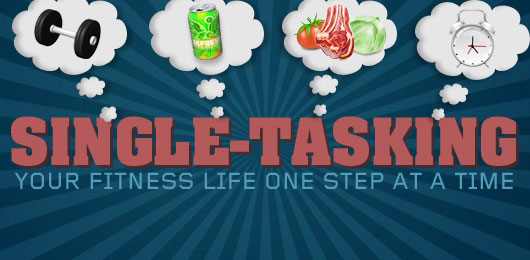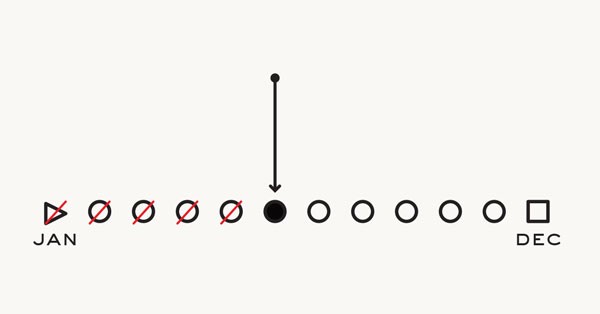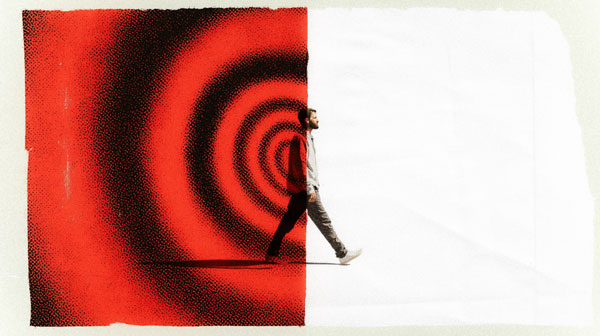The ancient Chinese Philosopher, Lao-tzu epitomized the principle of initiating action by stating, “A journey of a thousand miles begins with a single step.” This mindset, of course, can be applied to practically any sought-after goal whether scholastic, career-oriented or physical fitness.
When it comes to your state of fitness or lack thereof, simply beginning the seemingly impossible journey can seem extremely daunting, conjuring feelings of overwhelming helplessness and frustration. You then resort to the drastic “cold turkey” mentality; quitting a significant number of bad habits all at once in hopes to “nip it in the bud” and start off with both barrels blazing! Your new body and healthier life are just around the corner.
We all know where this leads – down the road of quick burnout. You're back to square one believing that you're just not cut out for such a monumental task. You conclude that it is too much to change, so why even bother?
It goes without saying that old habits are hard to break. This is especially true when faced with multiple habits needing change. We often pride ourselves on being labeled multi-taskers. Now enter single-tasking.
Single-tasking is simply a strategy used to change just one habit – no matter how small – every two weeks. Every two weeks you will only need to focus on a single task, tactic, rule or guideline you set for yourself in order to change your behavior regarding your fitness lifestyle goals.
Why two weeks? Two weeks is the perfect amount of time to spend on either eliminating a bad health habit or initiating a new healthy practice to better your overall well-being. In other words, you need two weeks to make the new habit “stick.” This can include a number of aspects as it relates to fitness and lifestyle change including physical, mental and even emotional.
Below are a few examples of single-tasking relating to different areas of health:
Physical:
- Eliminating sugary drinks.
- Exercising three times per week.
- Limiting carbohydrate intake at dinner.
- Getting up 20 minutes earlier in the morning to prepare a healthy breakfast.
- Eating balanced meals throughout the day to balance blood-sugar levels.
Mental:
- Reading up on nutrition from reputable sources.
- Taking a few minutes of personal time after work to de-stress.
- Meditation or some other form of relaxation at the end of each day.
- Writing down your day’s priorities to stay on track and be organized.
- Clearly defining your fitness goals and believing you will reach them.
These are just a few examples to choose from as the list can become virtually endless.
So go out there, choose one habit and get to work. Your new healthy lifestyle is right around the corner!
















